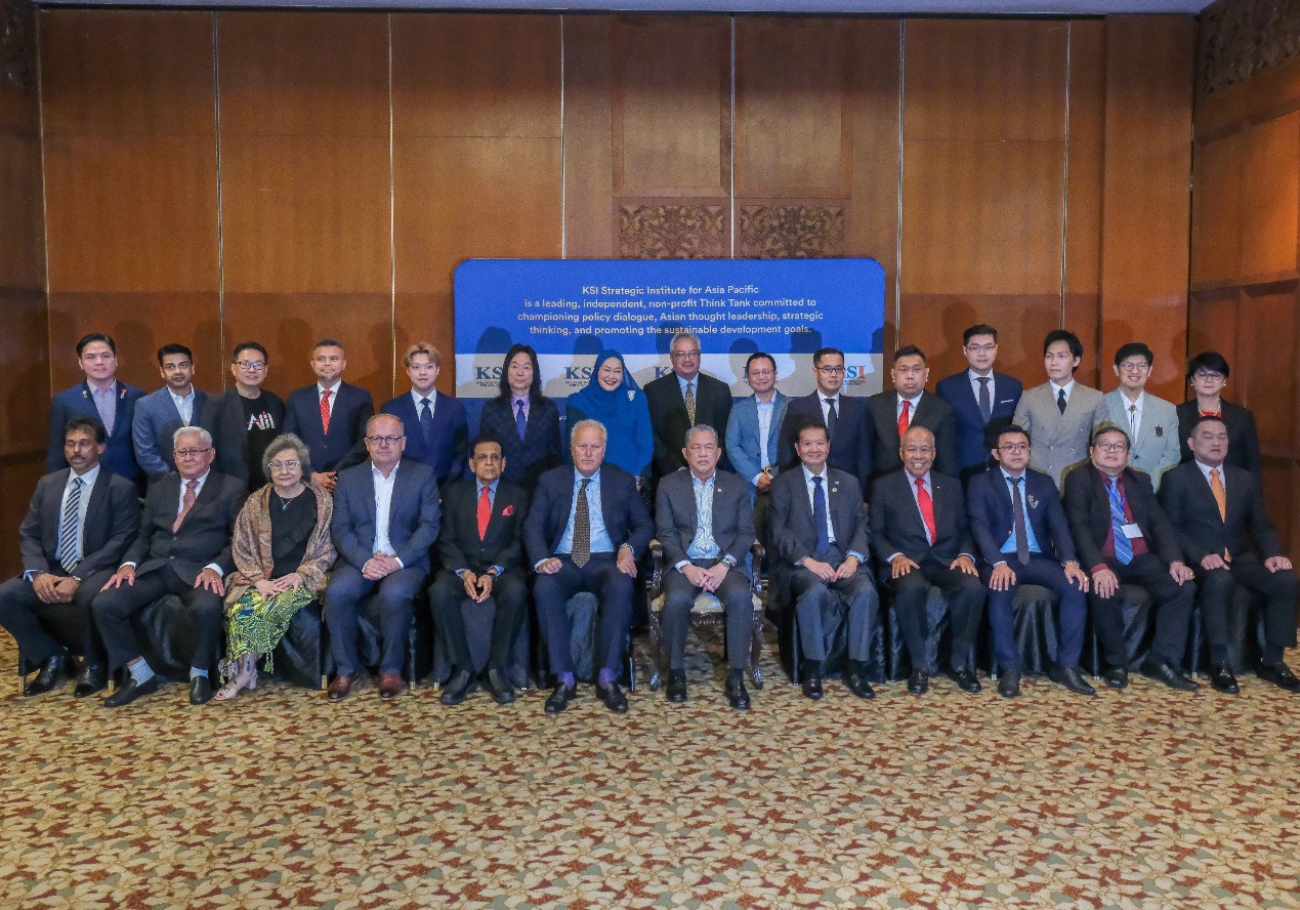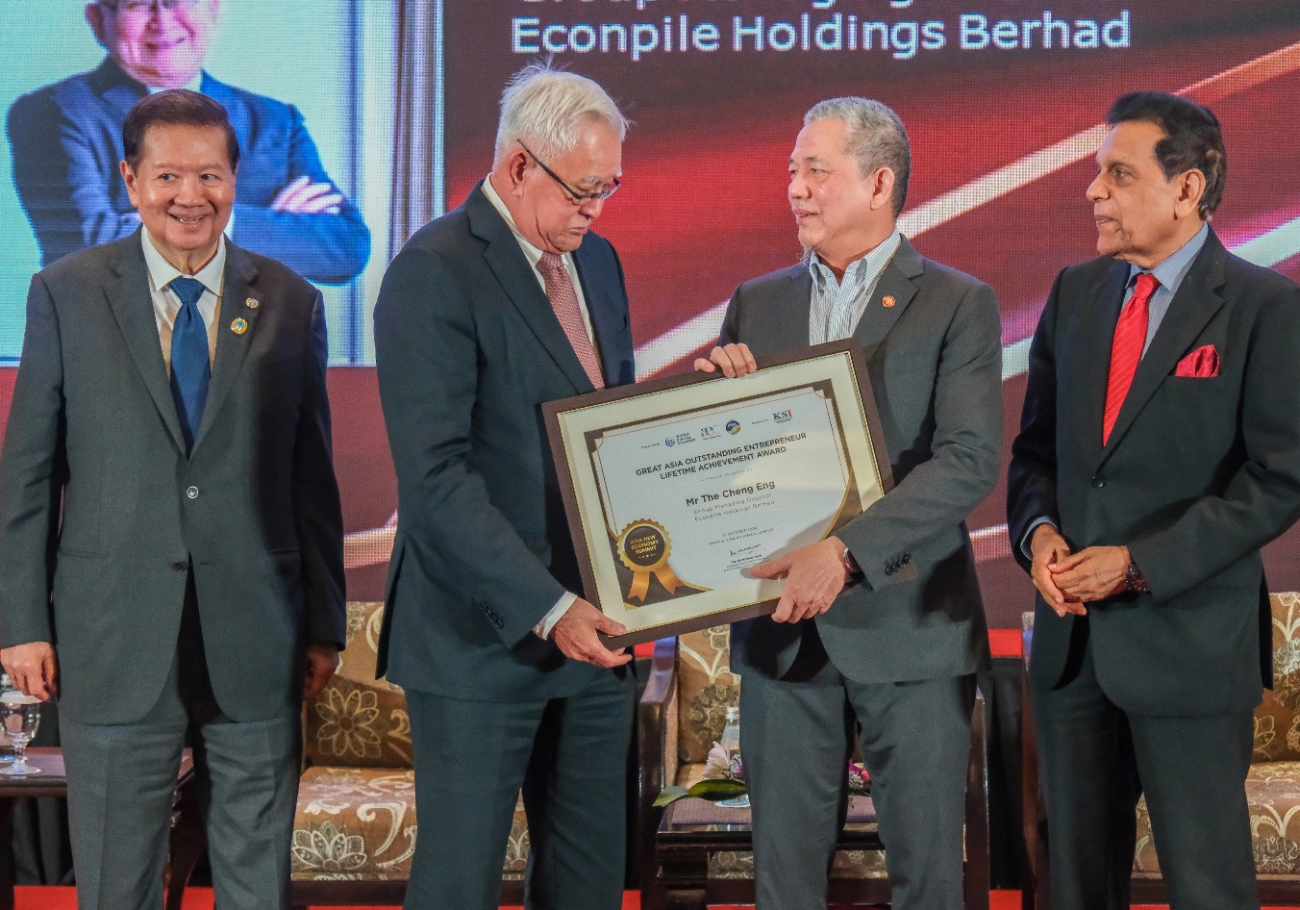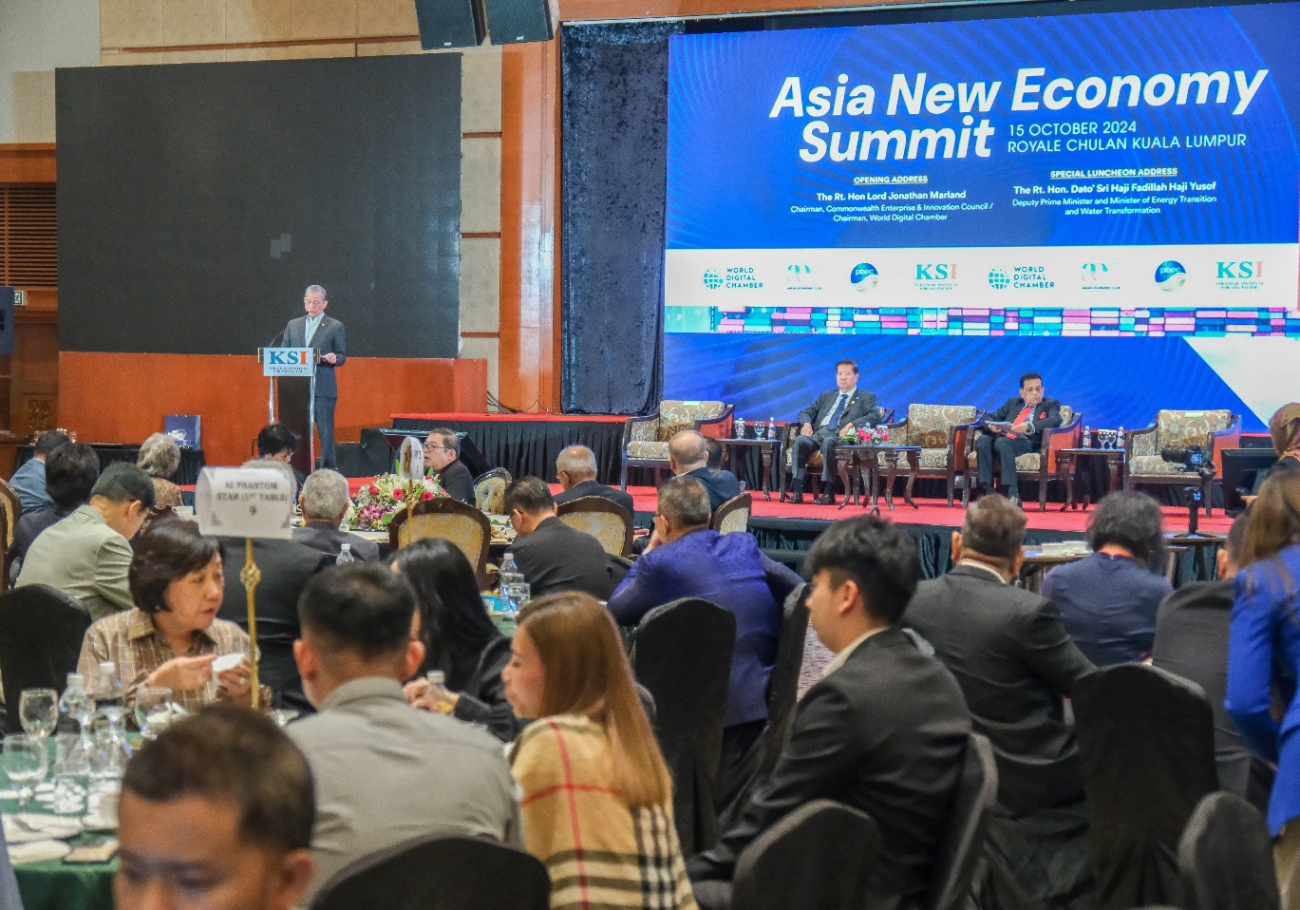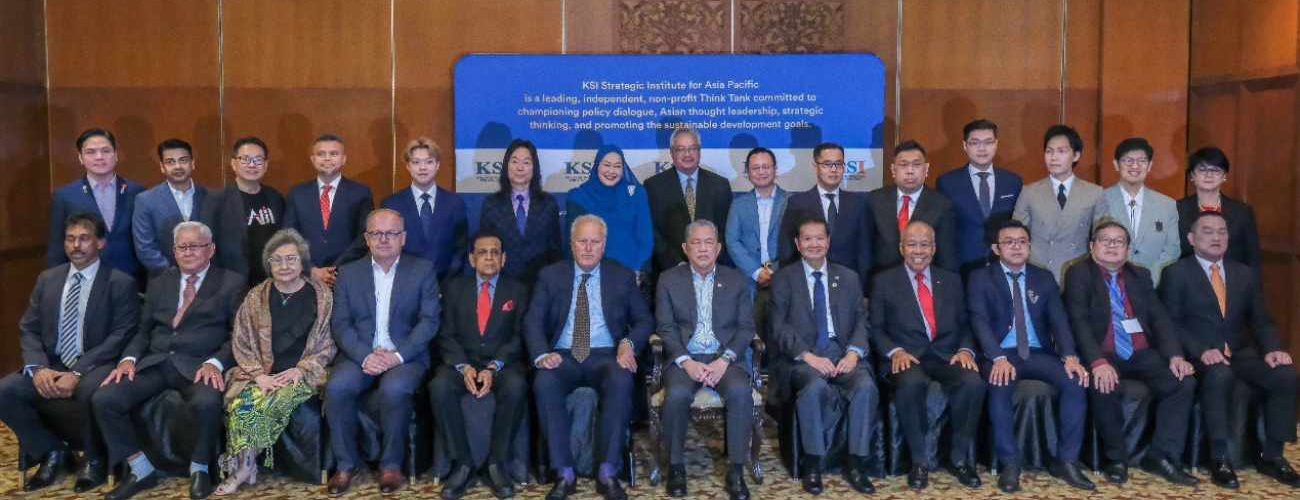
The Asia New Economy Summit, co-organised by KSI Strategic Institute for Asia Pacific, the ASEAN Economic Club, and the World Digital Chamber, took place on 15th October 2024 in Kuala Lumpur.
The summit focused on the future of Asia’s economy, specifically highlighting the pivot towards digital and green growth.
This year’s event gathered government officials, business leaders, and academics to discuss the critical role these sectors play in driving sustainable development across the region.
Deputy Prime Minister Datuk Seri Fadillah Yusof, in his keynote address, emphasised, “The path to a sustainable future is clear, but it requires collective action, effective international partnerships, and unwavering commitment.”
His remarks underlined the significance of aligning economic prosperity with environmental stewardship, a key message at the Asia New Economy Summit.
Digital and green economies: The future of Asia’s growth

At the heart of the Asia New Economy Summit was the realisation that the digital and green economies will be the drivers of future growth in Asia-Pacific.
Deputy Prime Minister Fadillah highlighted Malaysia’s progress, particularly in renewable energy adoption.
He pointed to efforts such as the development of floating solar farms and the open grid access mechanism, showcasing how Malaysia is balancing technological advancements with environmental considerations.
Vietnam, for instance, has become a major player in the solar energy market, demonstrating exponential growth and establishing itself as the largest solar market in Southeast Asia.
Fadillah acknowledged this progress, citing that while the region is moving forward in renewable energy, challenges remain.
“We must enhance grid infrastructure to meet the rising demand for renewable sources, which are intermittent in nature,” he explained.
The region’s leaders, like Malaysia and Vietnam, are not only paving the way for a greener economy but also creating new opportunities for business and investment in sustainable technologies.
Overcoming challenges in energy and water sustainability

Another major topic discussed at the Asia New Economy Summit was the intersection of energy and water sustainability.
Fadillah stressed the importance of water management alongside energy transition efforts, noting, “Water sustainability is inextricably linked to energy transition.”
The Asia-Pacific region, despite housing some of the world’s largest rivers, faces significant water scarcity issues.
Fadillah outlined how rapid urbanisation, population growth, and climate change exacerbate these concerns.
To address these challenges, innovative approaches to water management are being adopted across the region.
Malaysia’s “Sponge City” concept in Putrajaya is one example, employing green infrastructure to manage stormwater and reduce flood risks.
Additionally, smart water management systems that integrate IoT and AI are improving water use efficiency in several Malaysian states.
Fadillah further emphasised the need for cross-border collaboration, particularly in the renewable energy sector.
He pointed out that fostering a regional power grid would enable the sharing of excess renewable energy across borders, enhancing energy security while minimising reliance on fossil fuels.
The Asia New Economy Summit demonstrated the region’s growing commitment to sustainable economic practices.
Fadillah’s message resonated throughout the event: “Southeast Asian nations, including Malaysia, are making significant strides in both energy transition and water sustainability.
The future of Asia lies in balancing economic growth with the preservation of our natural resources.”
As digital and green economies become central to Asia’s development, the region is poised to lead by example in driving innovation, technology, and sustainability.
The Asia New Economy Summit served as a platform for meaningful dialogue, inspiring both action and collaboration towards a more sustainable, prosperous future.











